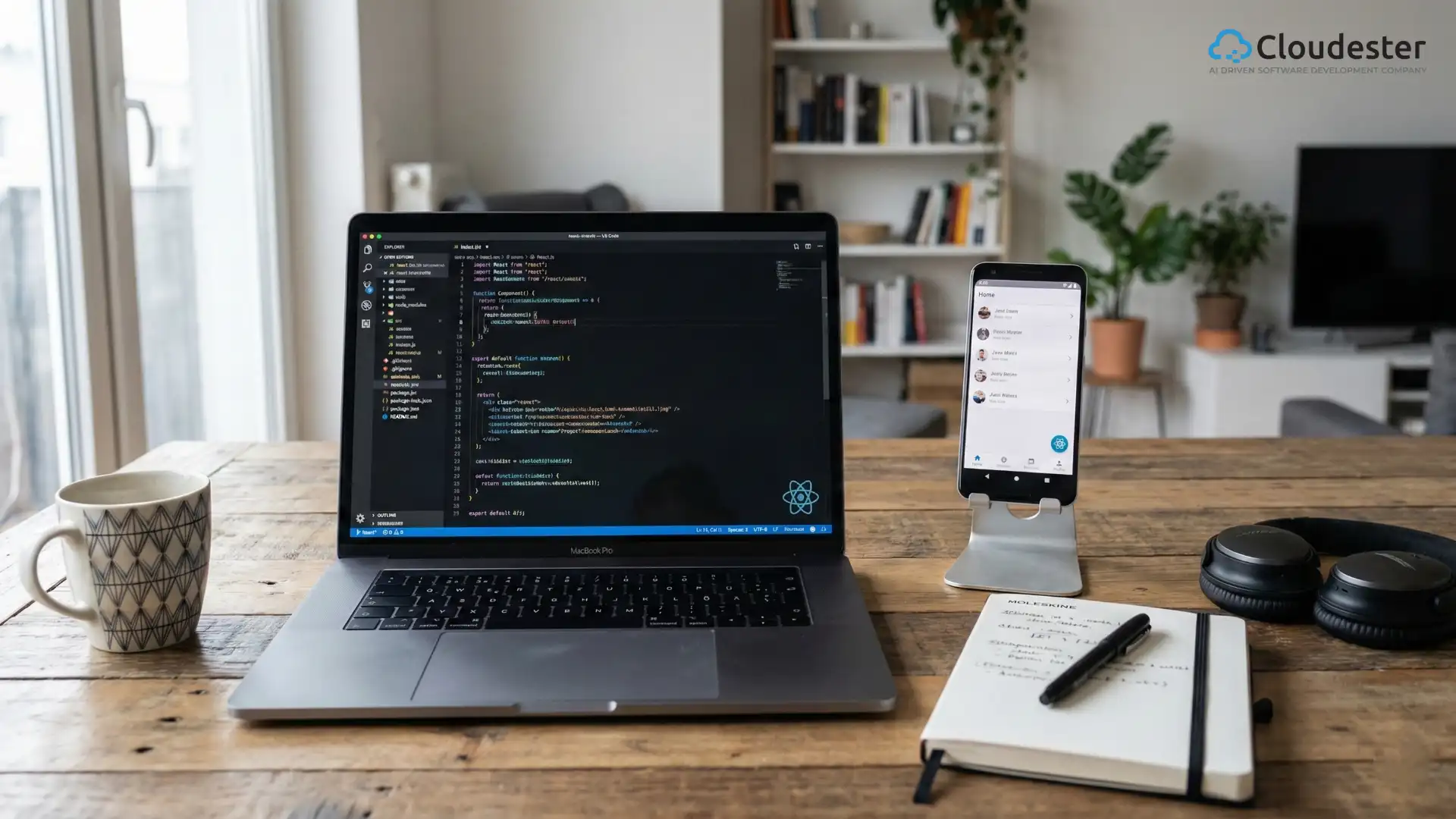Navigating the Challenges of Cross-Platform App Development

Table of Contents
- Understanding Cross Platform App Development
- Key Challenges
- Solutions and Best Practices
- Case Studies
- How Much Does It Cost to Hire an App Developer?
- FAQs
Navigating cross platform app development is crucial for businesses that want broad reach without extra overhead. Firstly, cross platform apps let you reuse one codebase to run on iOS and Android. However, this approach brings tradeoffs that teams must manage carefully.
Understanding Cross Platform App Development
Cross platform development builds apps for multiple operating systems from a shared codebase. Consequently, teams save time and reduce maintenance. Yet, you must balance speed with performance and user experience.
Key Challenges
1. Performance Issues
Firstly, some cross platform frameworks add abstraction layers that can impact responsiveness. Therefore, optimize code, avoid heavy runtime operations, and use native modules for demanding tasks. Additionally, profile the app early and often to spot bottlenecks.
2. User Interface and User Experience
Secondly, platform guidelines differ. For example, Android and iOS users expect different navigation patterns. Thus, prioritize responsive layouts and adaptive UI components. Moreover, test real device flows to ensure the experience feels native.
3. Access to Device Features
Thirdly, plugins for camera, GPS, sensors, and background tasks may lag behind platform updates. Consequently, evaluate plugin maturity and plan to build custom native bridges when needed. In short, do not assume every device feature is available out of the box.
4. Development Time and Cost
Although cross platform development often reduces duplicate work, initial investment and ongoing maintenance still require planning. Therefore, set realistic budgets and include time for updates, QA, and platform changes.
Custom AI Software Development Solution For Enterprises
Solutions and Best Practices
1. Choose the Right Framework
First, evaluate frameworks such as React Native, Flutter, and Xamarin against your requirements. For instance, choose Flutter for fast UI rendering and React Native for a strong JavaScript ecosystem.
2. Incorporate Native Modules Where Needed
When performance or device access is critical, integrate native modules. This approach preserves a shared codebase while giving you native speed for select features.
3. Test Comprehensively Across Platforms
Next, build a robust QA process that covers different OS versions, screen sizes, and device capabilities. Also, automate regression tests and perform regular real device testing.
4. Maintain Code Quality
Finally, enforce coding standards, modular architecture, and continuous integration. This reduces technical debt and makes future updates easier.
Case Studies
- Healthcare: A patient management system improved scheduling and telehealth features, while meeting regulatory standards. As a result, patient engagement rose and administrative load dropped.
- E-Commerce: A cross platform shopping app with personalized recommendations and secure payments increased user engagement and repeat purchases.
How Much Does It Cost to Hire an App Developer?
Costs vary. For example, senior developers in the US may range from 50 to 200 USD per hour. However, partnering with a company that uses a globally distributed team can lower hourly rates while keeping quality. Therefore, focus on long term value and support rather than lowest upfront price.
FAQs
- What are the benefits of cross platform development?
It expands reach, reduces duplicate work, and simplifies maintenance. - How do I choose the right framework?
Compare performance needs, team skills, community support, and platform features. - Can cross platform apps access all device features?
Many features are accessible, but some require native modules or workarounds. - How do I ensure consistent UX across platforms?
Use adaptive UI, follow platform guidelines, and validate on real devices.









